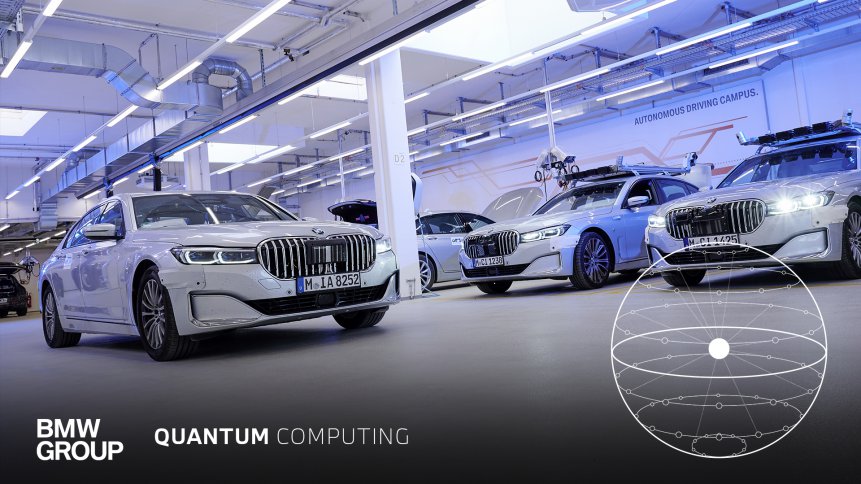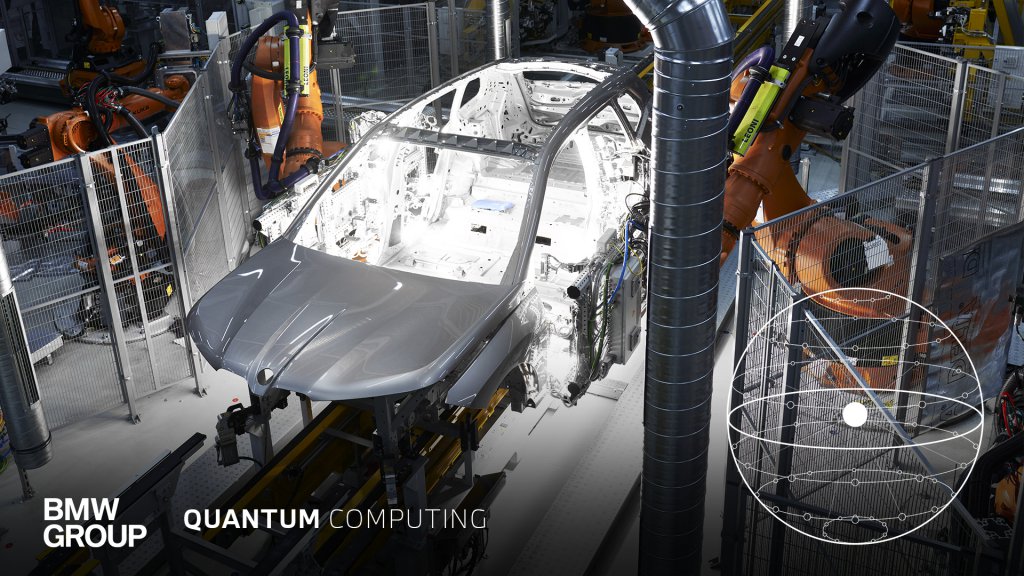BMW and Pasqal apply quantum computing in car design, manufacturing

With quantum computing use cases seemingly increasing, the automotive industry is also making the most of the technology. Over the last few months, several vehicle manufacturers have already made announcements on vehicle design and manufacturing with quantum computing.
In fact, according to a report by McKinsey, one-tenth of all potential quantum computing use cases could benefit the automotive industry, with a high impact noticeable by 2025. Among the use cases in the automotive industry include vehicle routing and route optimization, material and process research as well as the security of connected driving.
As such, Pasqal, a leading manufacturer of neutral-atom quantum processors, will collaborate with BMW Group to enhance the automaker’s primary manufacturing processes. Leveraging Pasqal’s algorithm for solving differential equations, BMW Group aims to analyze the applicability of quantum computing technology to metal forming applications modeling.
The metal forming applications require extensive simulations to ensure auto parts are conforming to specifications. This is achievable via predictive and rapid virtual modeling that brings the manufacturing process towards safer designs, more sustainable products, and zero-prototyping.
Pasqal’s researchers have developed a digital-analog implementation of its quantum methods, tailored for its neutral-atom quantum processors. This makes these applications 30 times more efficient than competing superconducting quantum processors.

(Source – BMW)
For BMW Group, this highly accurate computational simulation would enable them to replace costly physical build-test-improve cycles, as current classical computational methods are incapable of dealing with the complexity of simulating a full vehicle at the desired accuracy. Such simulations will ultimately help BMW Group create lighter parts, making cars more fuel-efficient.
Previous collaborations with BMW focused on developing quantum computational methods for chemistry and materials science which can for instance be used to optimize battery designs at the atomistic level. The renewed collaboration extends this scope to other relevant time and length scales adding micro and macro-level materials simulations.
“Renewing and extending the scope of our collaboration with BMW Group is a clear sign of the value Pasqal can bring to our customers. Each time we collaborate with BMW Group, we discover something more we can do to help them develop superior automobiles,” commented Georges-Olivier Reymond, CEO of Pasqal.
Reymond added that Pasqal currently offers the only method on the market for solving these types of differential equations with quantum technology, which are critical to executing effective and accurate simulations.
With that said, Pasqal believes these use cases are excellent candidates for early quantum advantage with its proprietary quantum algorithms, which the company plans to reach within two years. These complex simulations will run over a six-month period in Pasqal’s facilities.
Real-world applications for these simulations include crash testing and accelerated development of new parts and materials which are lighter and stronger, keeping passengers safe while both reducing emissions and cutting development costs.










